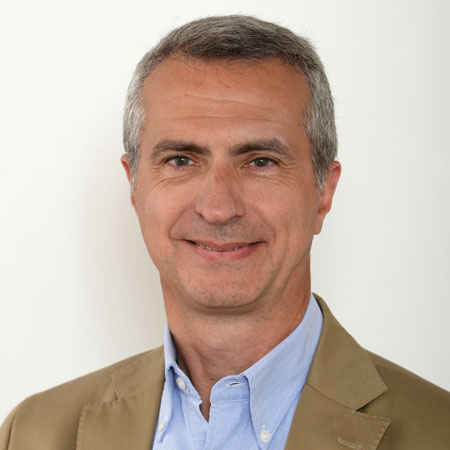Exec Chat: From Cameron To Boston Scientific, Navigating Through CRM Challenges
Executive Summary
Boston Scientific has had its fair share of struggles with its cardiac rhythm management unit, which it gained through its pivotal acquisition of Guidant back in 2006. A major slowdown in market growth was, and continues to be, a significant challenge, while the company has also had to contend with other internal operational issues. However, the business looks to be turning around to an extent, helped by a management change and some judicious innovation investments that are paying off. Medtech Insight caught up with Pierre Chauvineau, Boston Scientific's former VP of Rhythm Management, Europe and now VP Executive Advisor, to get an inside view.
Boston Scientific Corp. entered the cardiac rhythm management market in 2006 after acquiring Guidant for a hefty $27bn, which, at that time, was the biggest deal in medtech history. Some market spectators had balked at the offer price, which enable Boston Scientific to take Guidant away from Johnson & Johnson, but the Massachusetts firm had justified the deal – which it described as a "transforming event" in its annual 2007 report filing with the US Securities and Exchange Commission – with the significant high-growth potential it saw in the CRM sector and the opportunity for Boston Scientific to be an well-rounded heart device player.
Pierre Chauvnieau, VP Executive Advisor, Boston Scientific

Source: Boston Scientific
The immediate years after the acquisition did see CRM top-line make modest increases but then things started slipping after 2009, with sales of this business declining every year (dropping 10% between 2009-2010, then by 4% in 2011, and another 8% in 2012). However, the damage seemed to have been brought under control after 2012, when Boston Scientific saw a change at the helm, with new CEO Mike Mahoney coming on board and promising to take the company back to growth. That year also saw the firm acquire Cameron Health, the developer of the S-ICD subcutaneous implantable cardioverter defibrillator, which it had first invested in back in 2004. From this acquisition, Boston Scientific took on a technology that is now one of the key drivers of growth for the CRM unit. It also gained management expertise in the form of Pierre Chauvineau, who not only oversaw Cameron's international business, but also had 20 years at Medtronic, the CRM market leader.
Speaking at the Oct 19 Med In Ireland event in Dublin, Chauvineau said candidly that Boston Scientific's CRM business "was challenged” when he came on board with the Cameron Health acquisition. Unlike more nimble start-ups, big multinationals tend to find it harder to build a disruptive culture within the organization, Chauvineau told delegates, but Boston Scientific is aiming to address this challenge by nurturing a strong culture that can adapt quickly to the changing health care environment and the needs of their customers and patients.
Medtech Insight caught up with Chauvineau for a quick chat to touch on topics including this cultural shift and how it has helped, in part, to change the trajectory of Boston Scientific's CRM business and also about his perspectives on the bigger CRM market, the continued challenges – in the reimbursement and regulation of medtech – and the opportunities for innovation in this field.
Your provider is not someone who just sells you the product. Customer service and support is critical. You need to have someone who goes back regularly to the physicians and help them with the patient follow-up, understand the parameters of the programmer, and can support the physicians in fine-tuning the program for the patient.
That's a huge difference between stents and CRM.
Reimbursement is slowly moving away from measuring activity to measuring outcomes. By rewarding activity, the more cases you do, the more money you make as a hospital. However, for high value-high one off price items like implantable cardioverter defibrillators, what's happened is that this has led to hospitals wanting the prices of these devices to be reduced when they do volume purchasing.
So measuring value-based outcomes for reimbursement, rather than activity, is actually a way to solve this problem and can be a great opportunity for companies. Especially if you have an implantable defibrillator [like Boston Scientific's extended longevity ICDs] which lasts twice as long as your competitors, then you know you are bringing a real benefit to the patient, to the patient outcome, and to the health care provider.
We’re looking at innovations on the diagnostic side too and we feel excited about the potential benefits this may bring in the next 12 months
From the editors of Clinica
